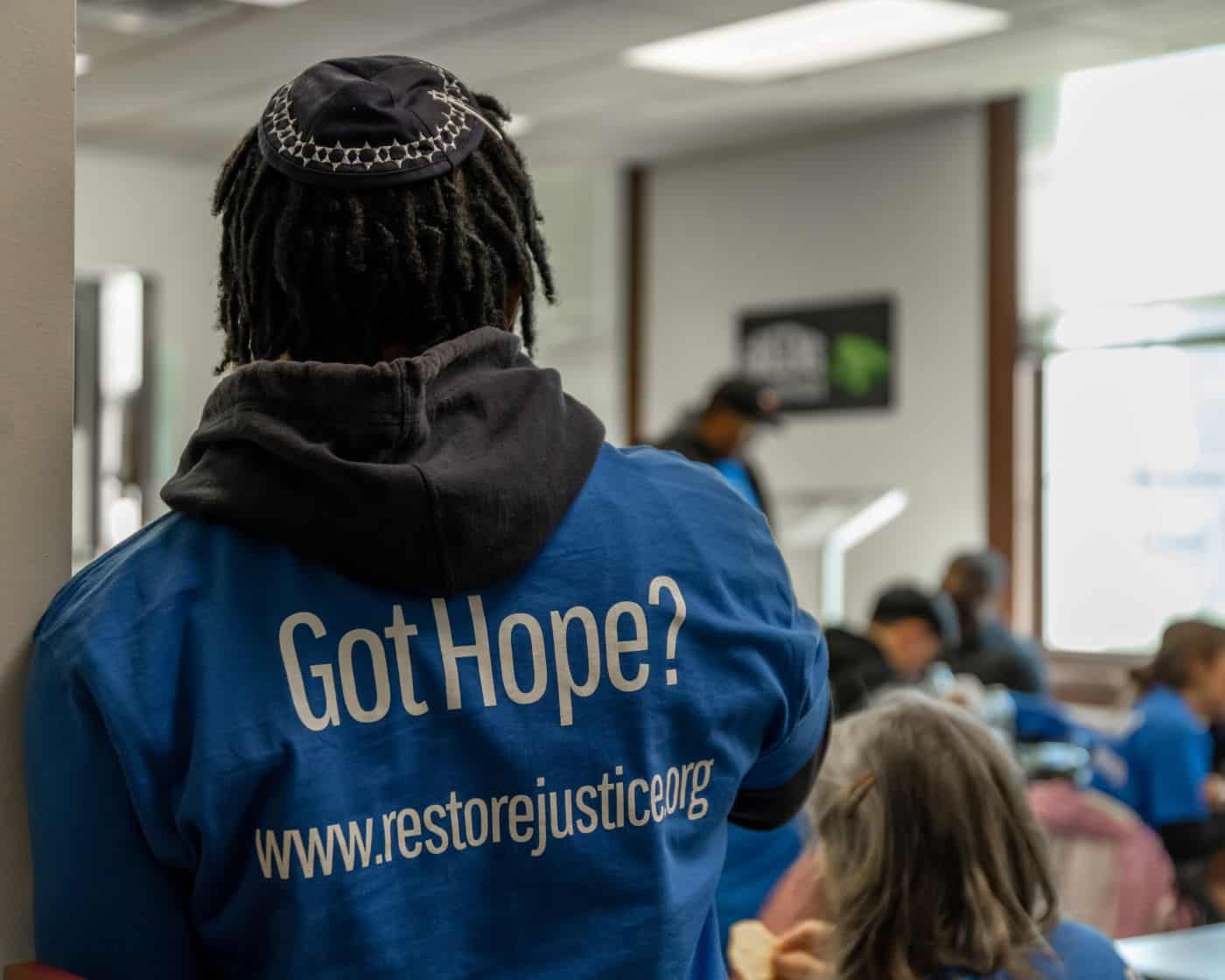Sentencing
In Illinois, many sentencing laws converge to create a system that consistently results in extremely long prison terms. These include mandatory minimums, firearm enhancements, automatic transfer laws, the felony-murder rule, accountability theory, and more.
In 1978, Illinois abolished parole.
Now, the state is one of 16 not to provide most people with parole opportunities.
In 1998, Illinois passed a so-called “truth-in-sentencing” law.
This severely restricts opportunities to earn “good time” and early release.
related focus areas
Juvenile Life without Parole
Juvenile life without parole is a sentence of life in prison without the possibility of parole imposed on a child or young person. In 2023, Illinois became the 26th state to abolish the practice of sentencing children under 18 to life without parole. Illinois’ law goes further by recognizing young people’s brain development and ensuring most people 18-20 are parole-eligible. These changes have not yet been made retroactive.
Learn more about Juvenile Life without ParoleFelony Murder
In Illinois, a person can be charged and convicted of first-degree murder even if they did not actually kill the victim or intend to commit the murder. This conviction carries a minimum sentence of twenty years and, under certain circumstances, a maximum sentence of natural life.
Learn more about Felony MurderLearn more about issues related to sentencing
Learn about bills that will make a difference
articles on sentencing
Our Other Issues
Prison Conditions and Practices
The human, social, and economic costs of our current prison system are intolerable. Restore Justice supports efforts to move Illinois corrections towards a model that values rehabilitation over punishment. This includes making healthcare more available for people who are incarcerated, increasing opportunities to participate in programs and education, allowing family and friends to visit their loved ones who are incarcerated more often, and reducing the use of solitary confinement as a punitive measure.
Learn moreRelease
In 1978, Illinois abolished the practice of parole, or early conditional release. Then, in 1998, the state passed so-called “truth-in-sentencing” laws, which restrict the ability of many people who are incarcerated to earn time off their sentences. This means many people who enter prison in Illinois lack opportunities to work towards their release. Restore Justice supports efforts to give rehabilitated people more meaningful pathways to earn release. Currently, that means restoring Illinois to its pre-1978 parole-for-release system, rolling back “truth-in-sentencing” laws, and creating opportunities for people serving extreme sentences to have another look at their sentence.
Learn more


